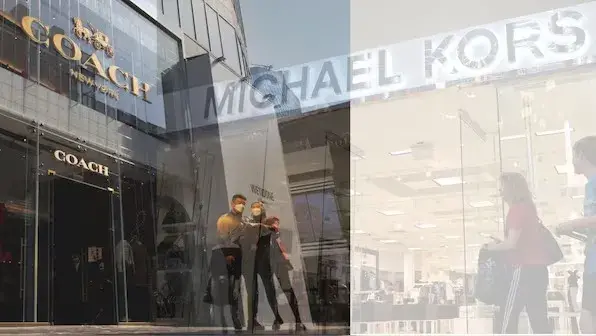Investmint Halts Trading Operations to Focus on Merger and Acquisition Strategy
Investmint, a signal-based trading app, has ceased its trading services to concentrate on merger and acquisition (M&A) opportunities, as reported by Entrackr. The company is actively exploring acquisitions with wealth management firms after withdrawing Investmint as a product due to the inability to develop a reliable business model. A spokesperson for Investmint confirmed to Entrackr, “We’re in late-stage talks with a few big players for M&A.” Should these talks fail, the company may return the remaining capital to its investors. Despite achieving significant traction and retaining funds from its previous fundraising, Investmint struggled to convert these resources into revenue. In October 2022, Investmint secured $2 million in seed funding, led by Nexus Venture Partners. Founded in February 2022 by Aakash Goel and Mohit Chitlangia, Investmint aimed to simplify stock market operations for regular investors through data-driven and scientifically-backed trading and investment products. The decision to halt operations follows a pattern seen among start-ups unable to achieve a sustainable business model or product-market fit. For instance, fashion start-ups Fashinza and Virgio returned investor capital in March after altering their business models. Similarly, digital health start-up Nintee shut down in April, with founder Paras Chopra announcing the return of most raised funds to investors.



